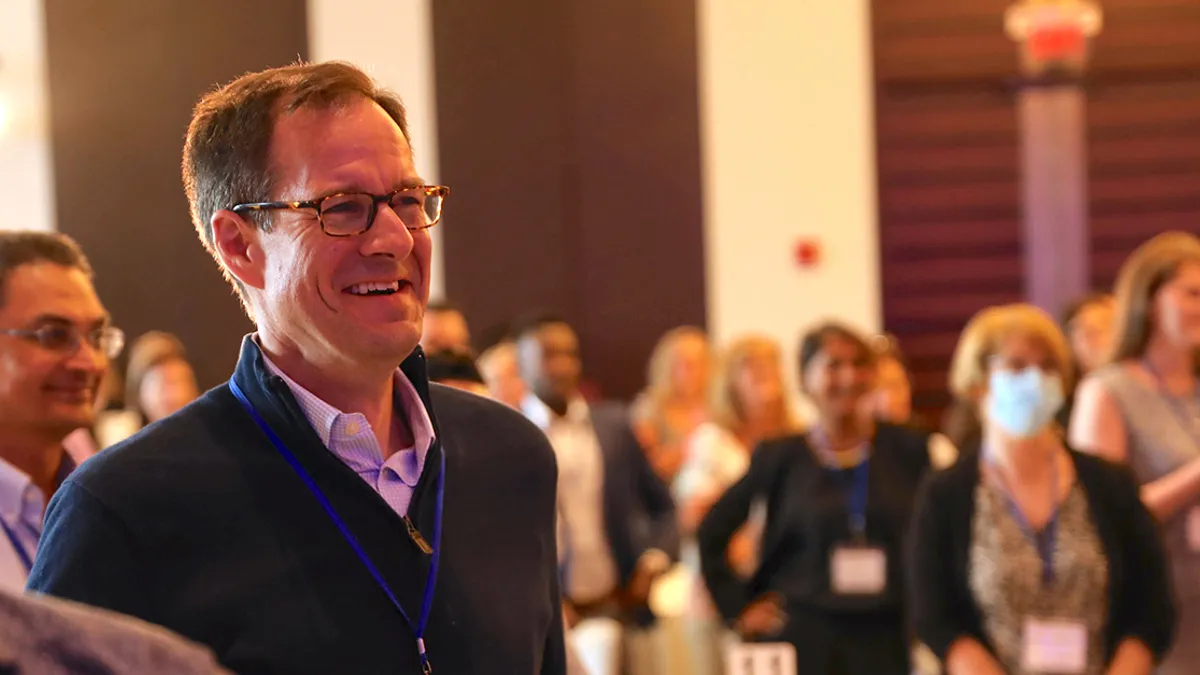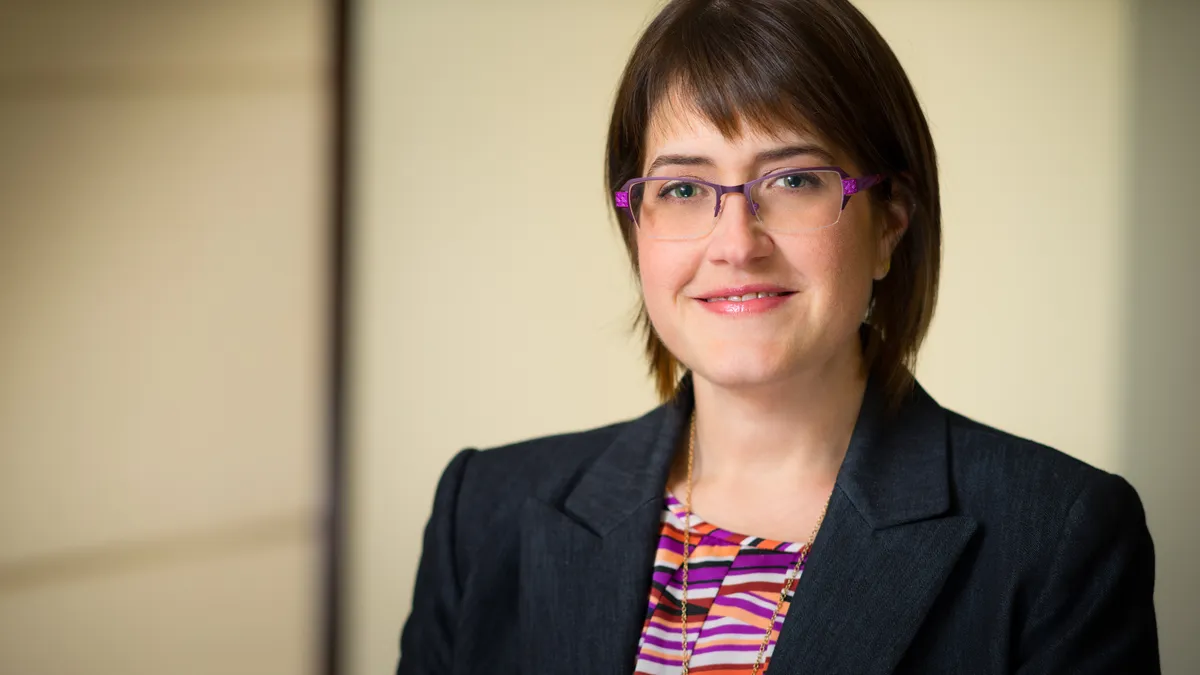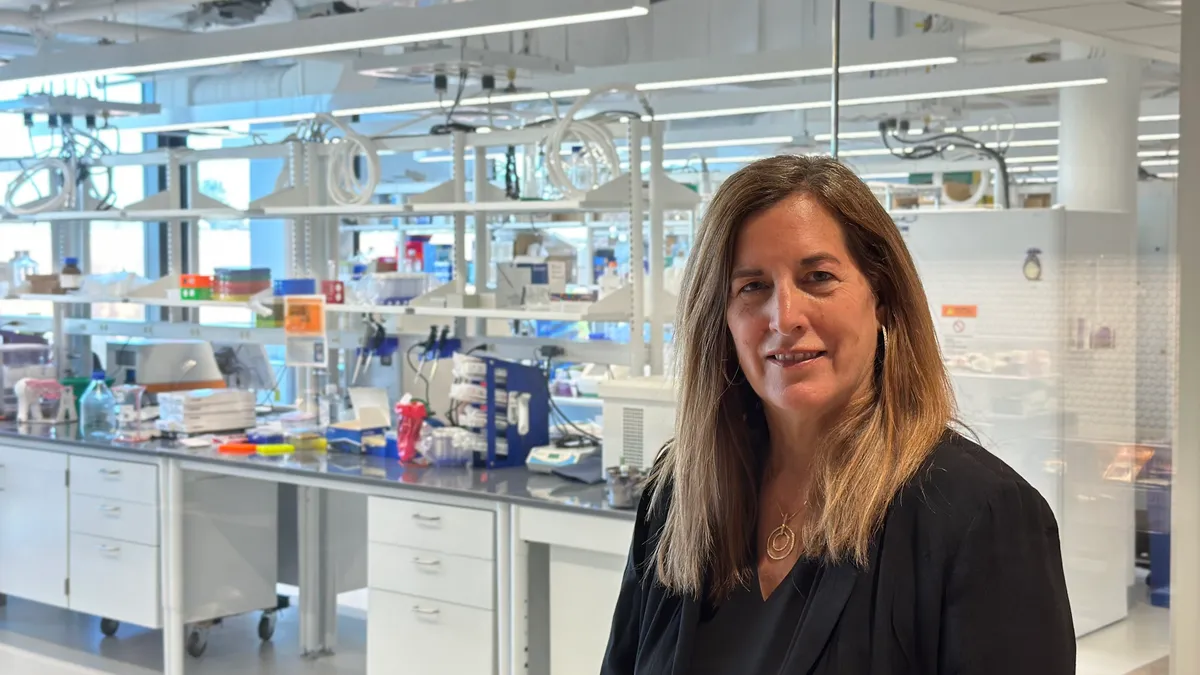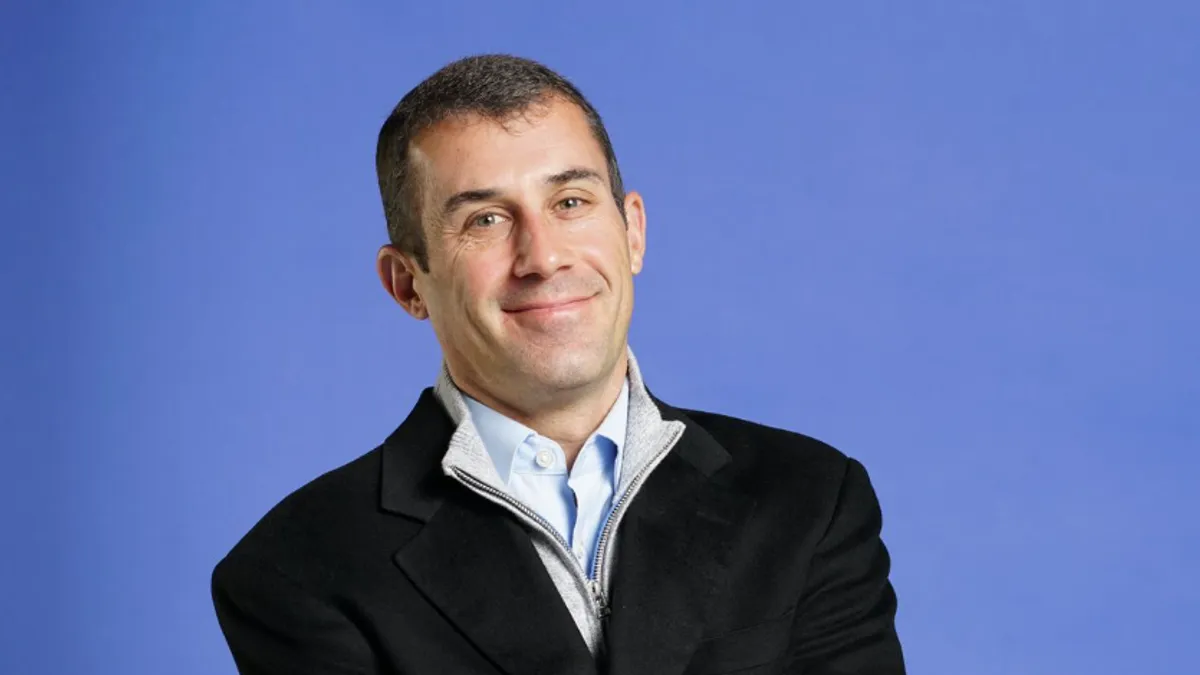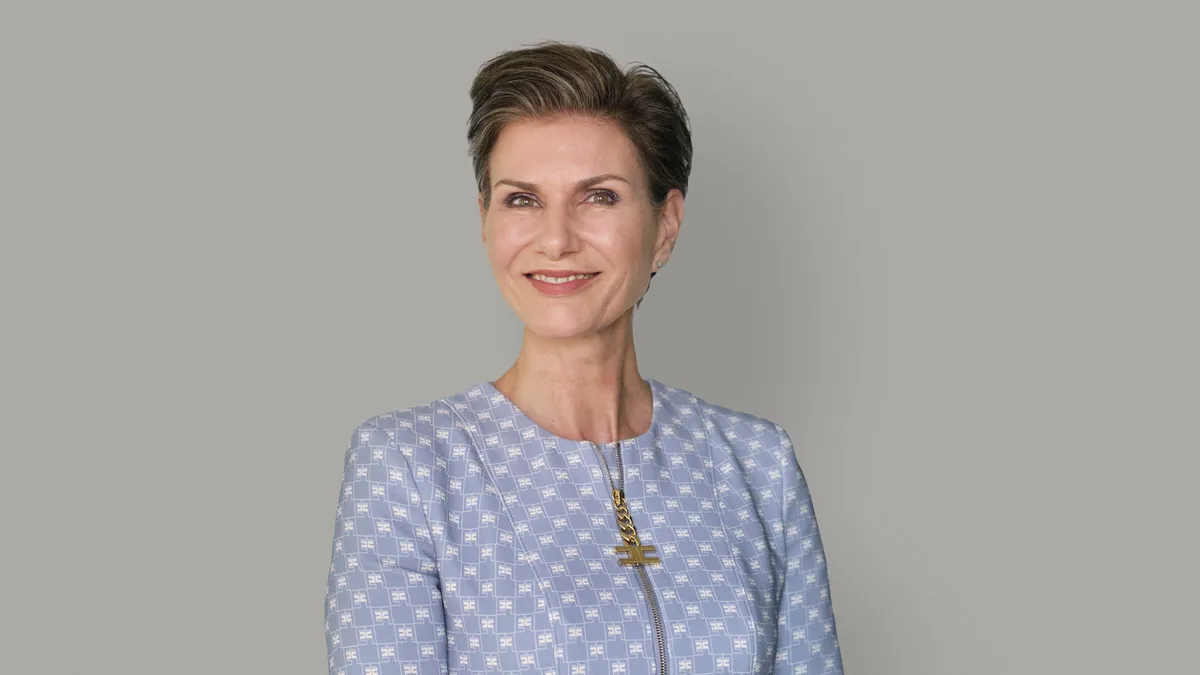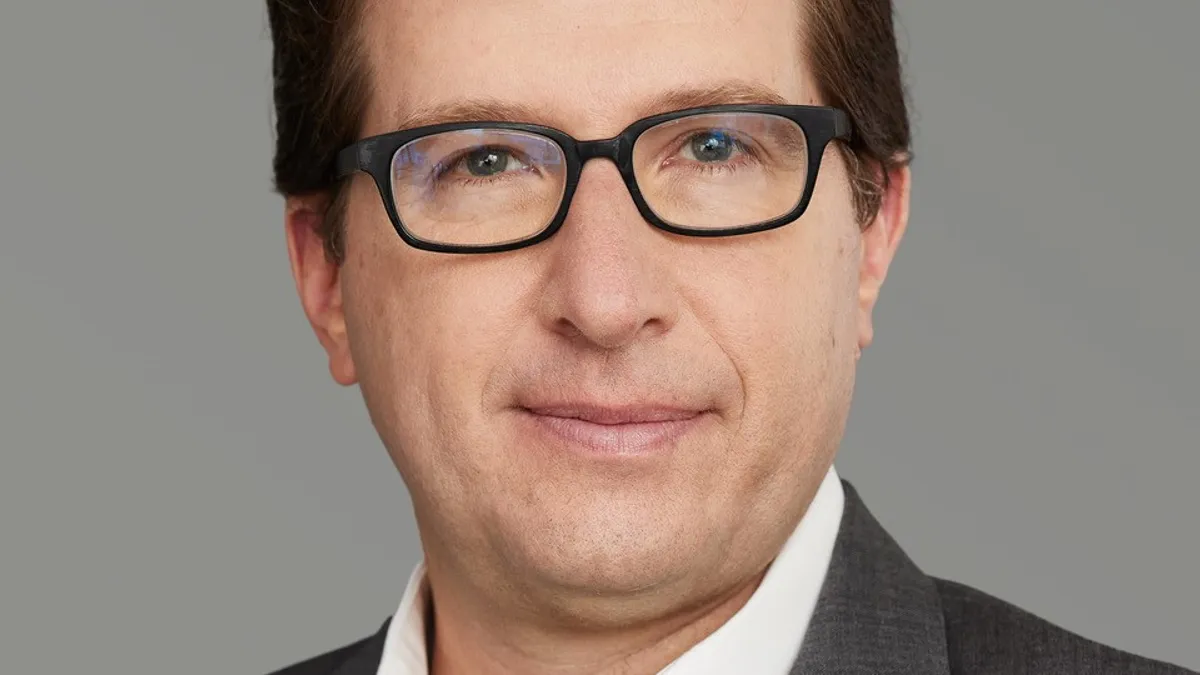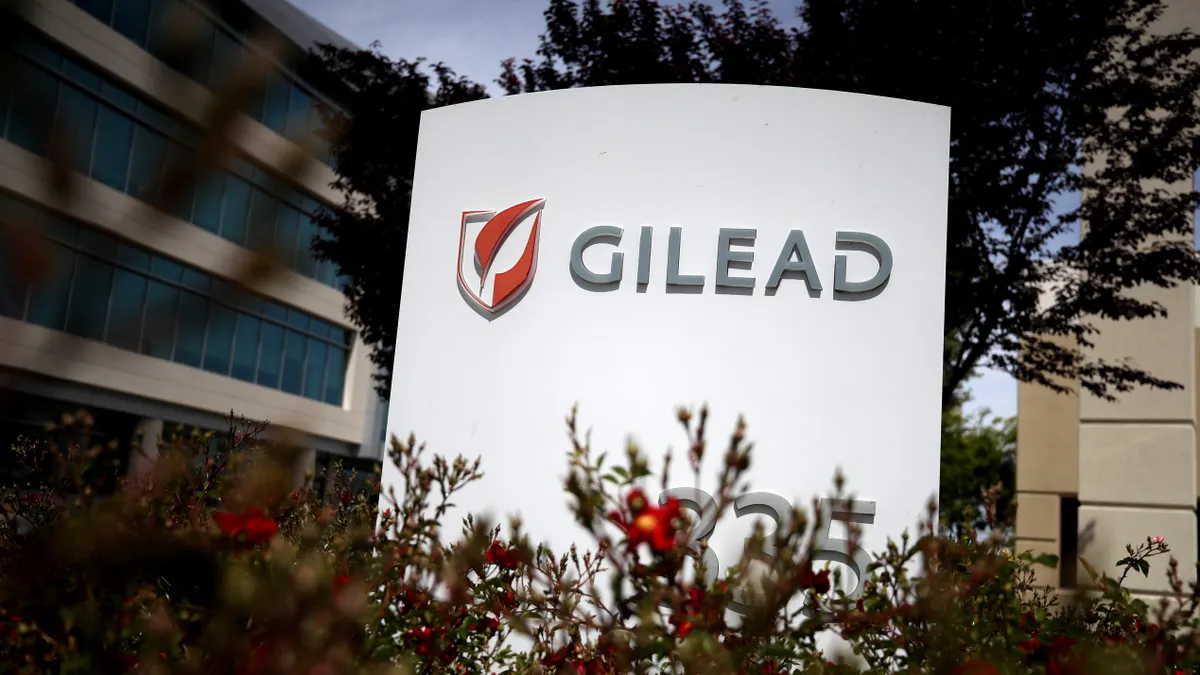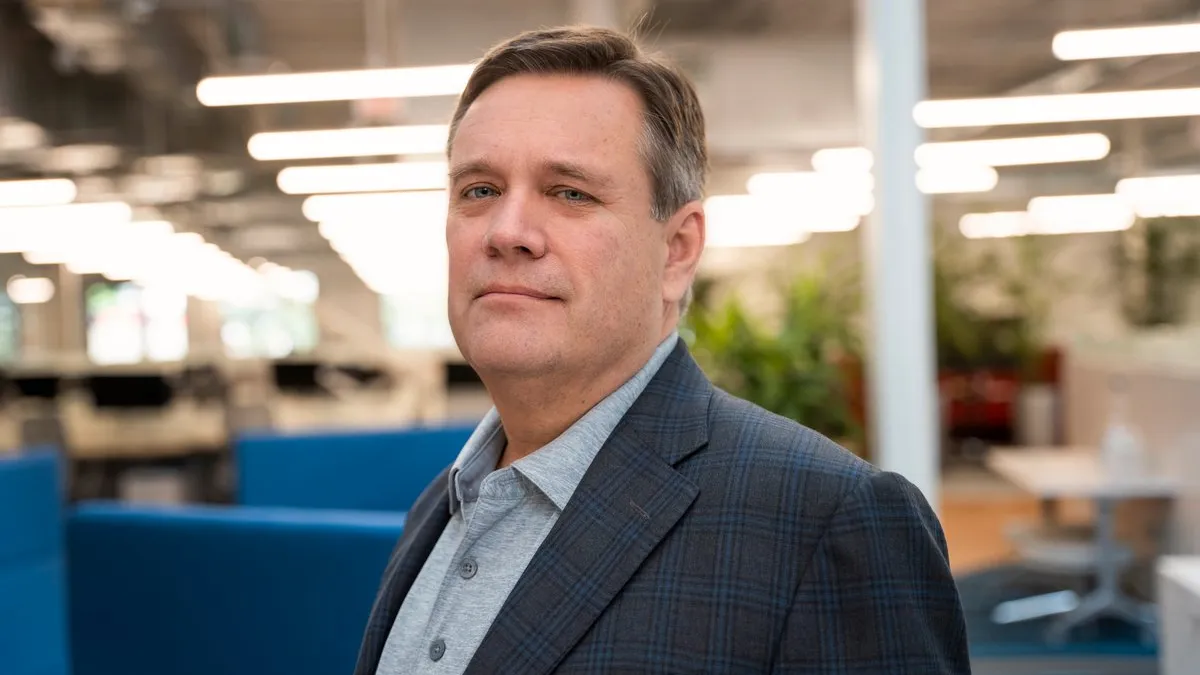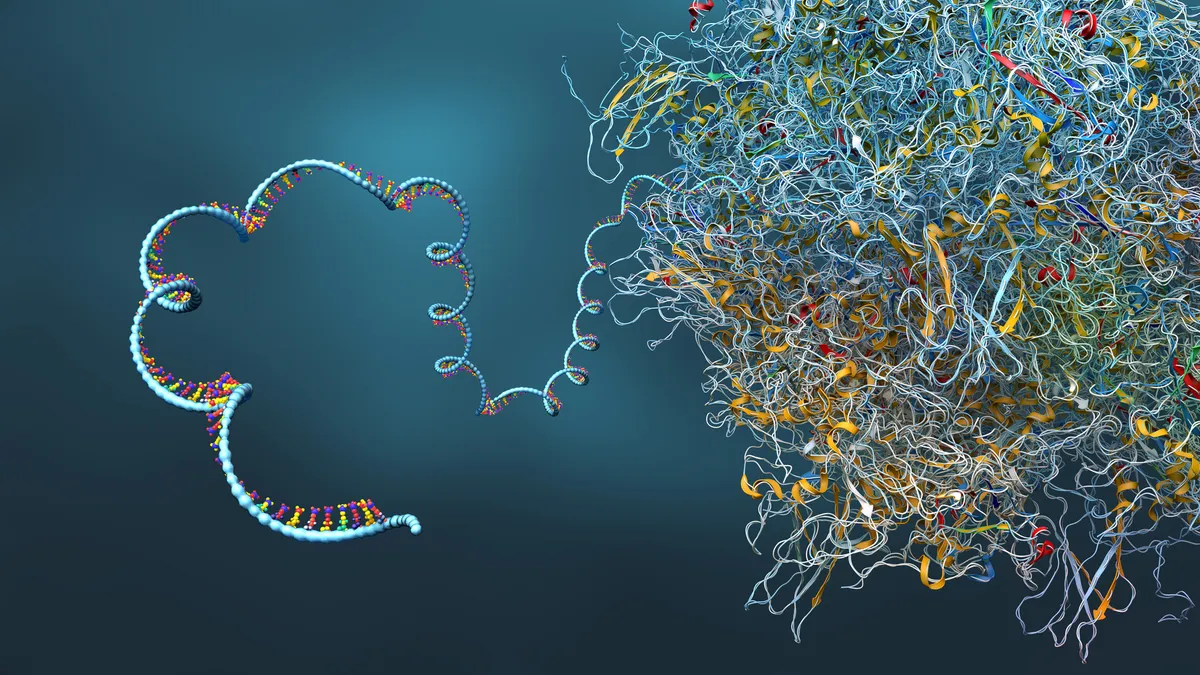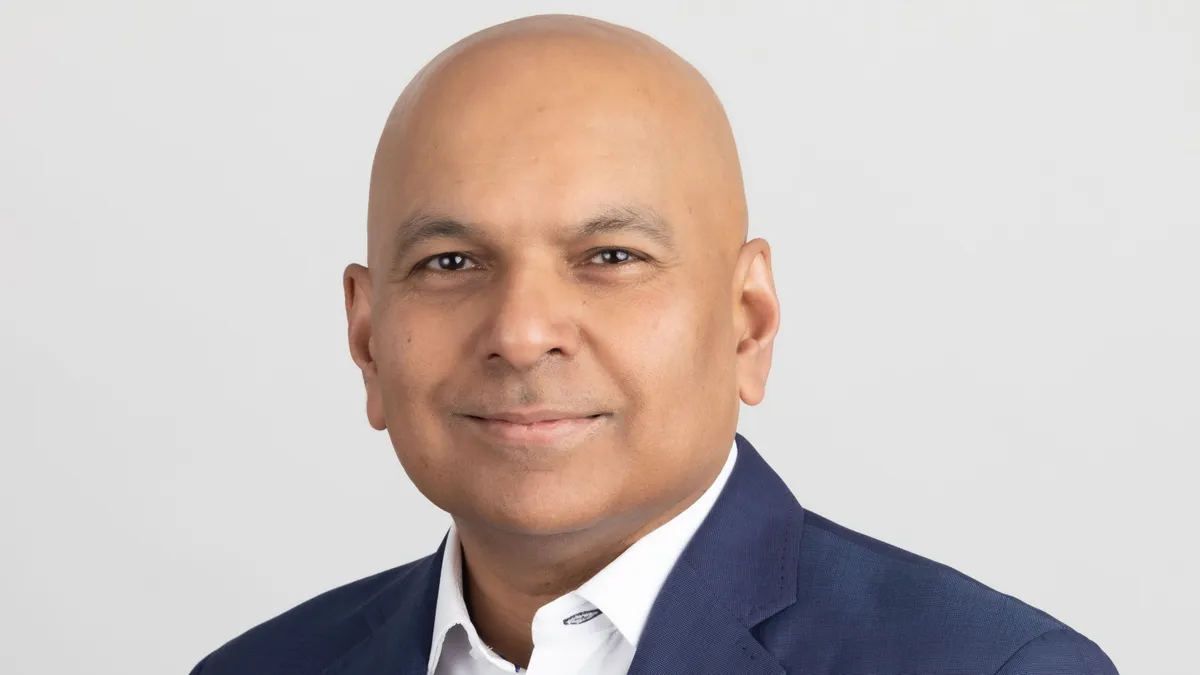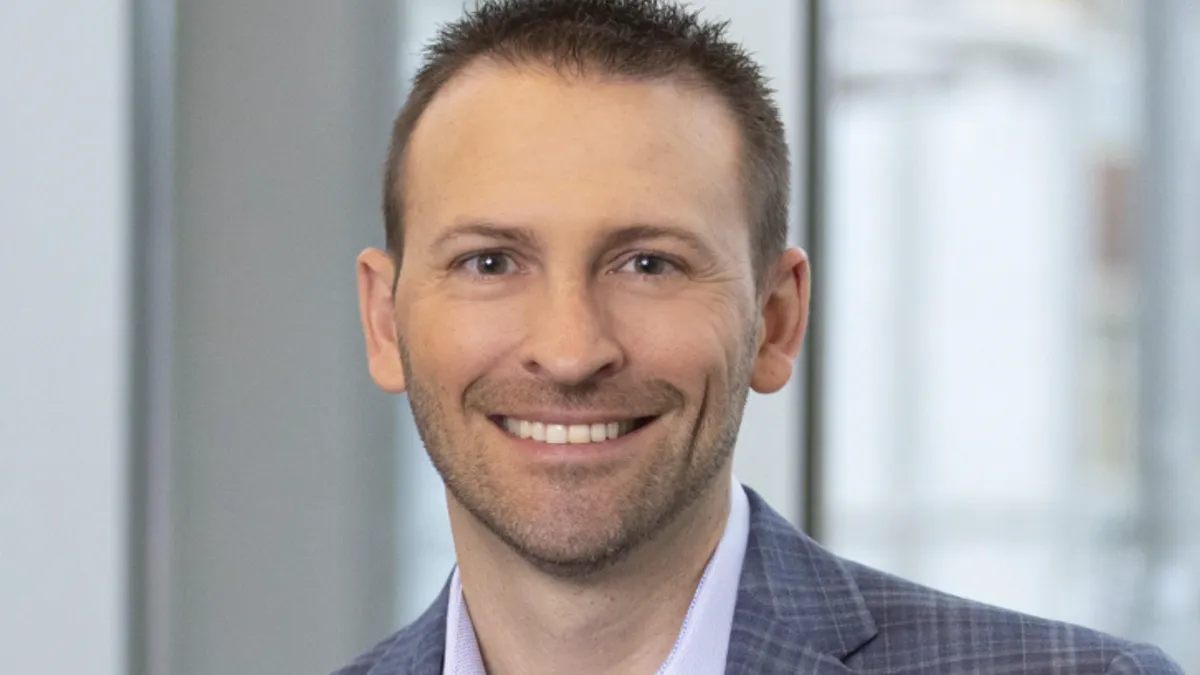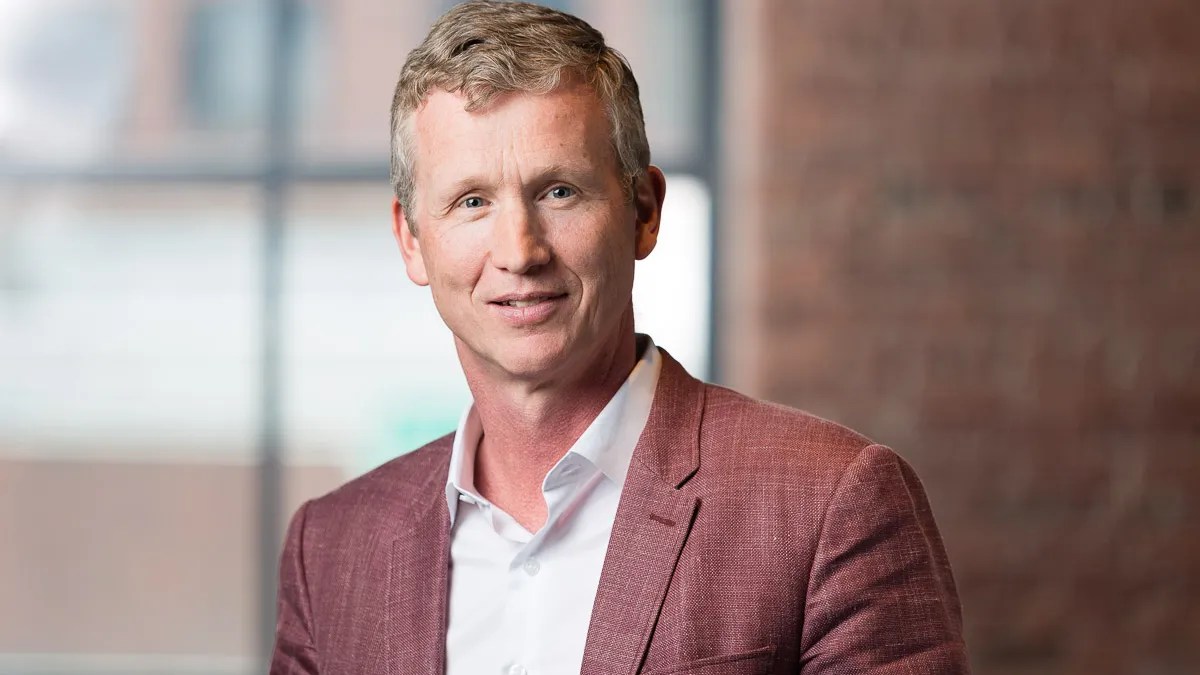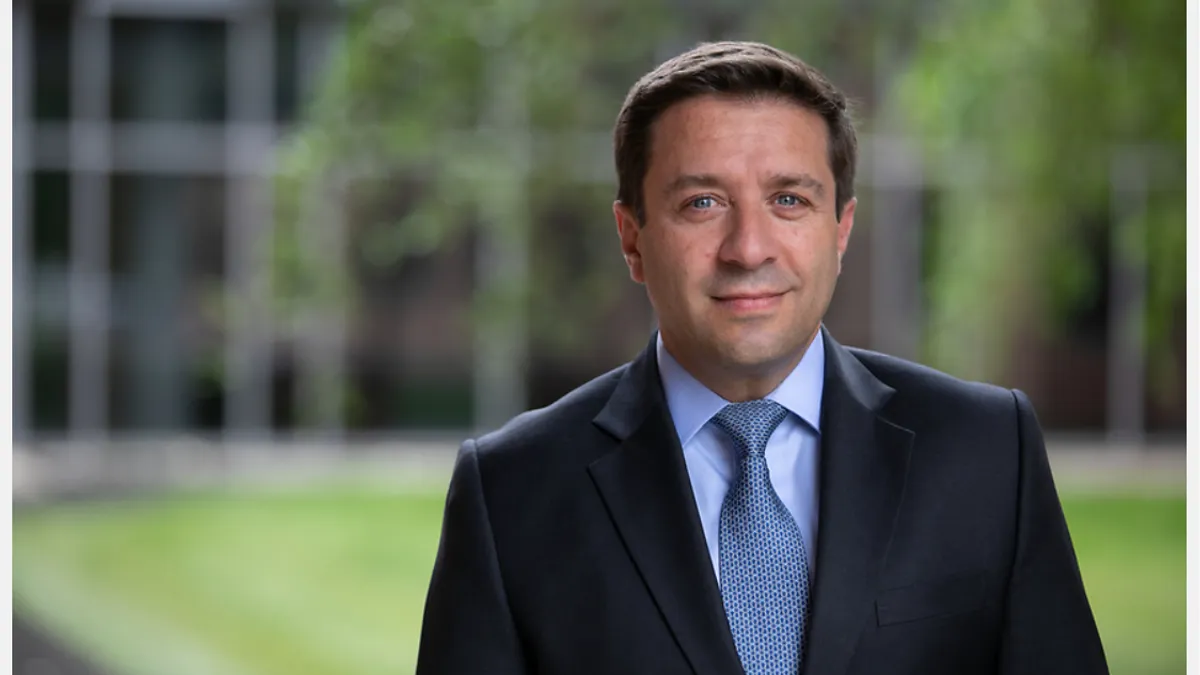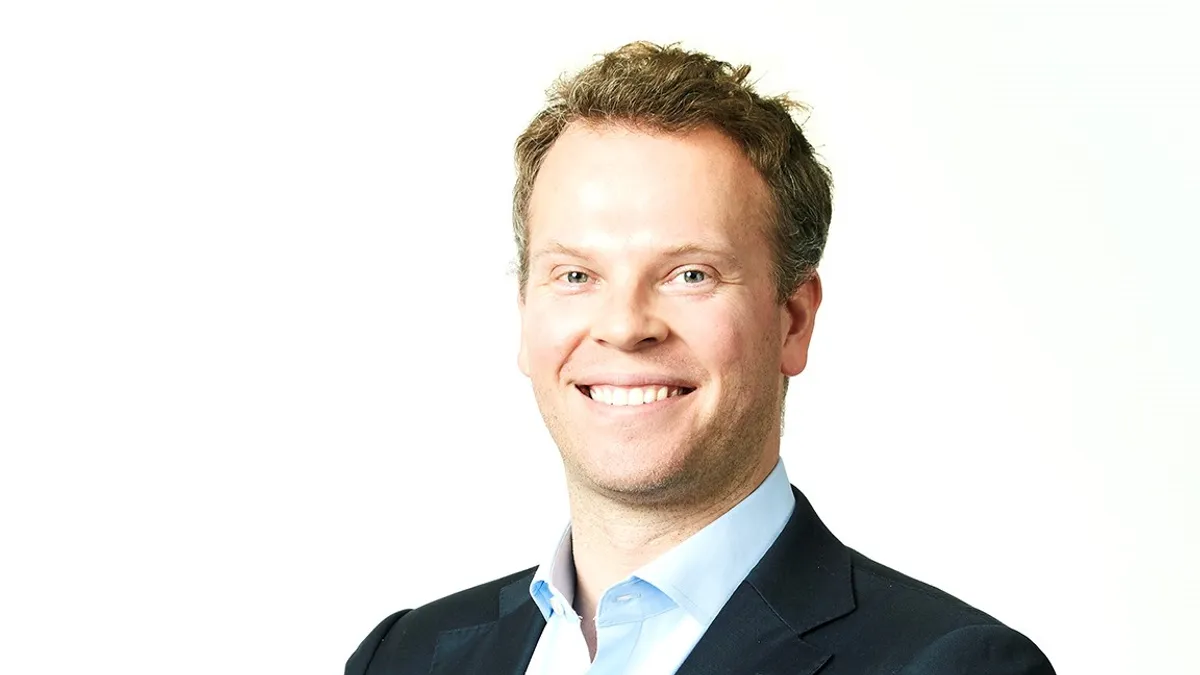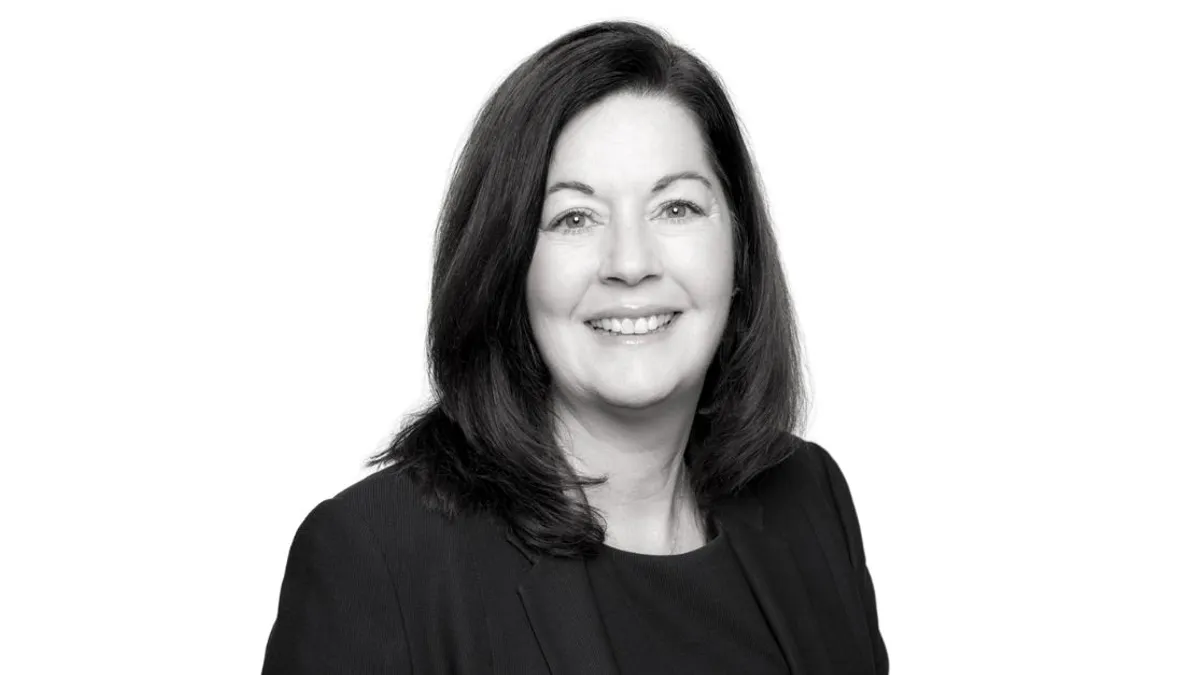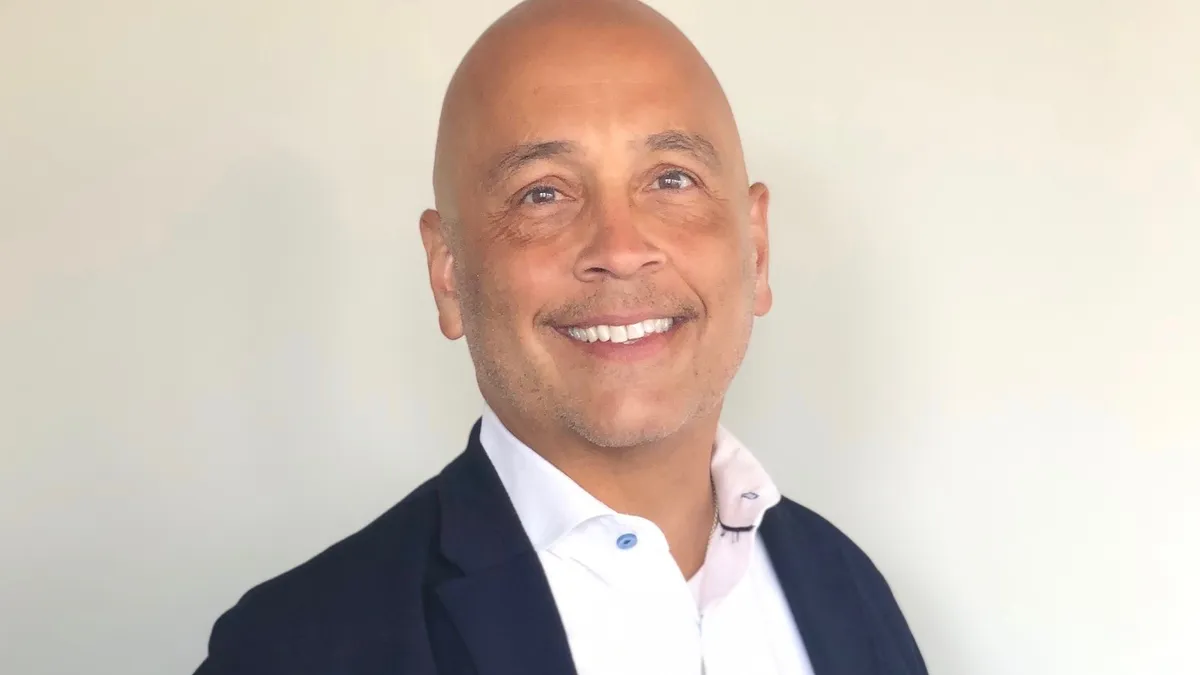Brian Goff’s first month at the helm of Agios Pharmaceuticals has been marked by clinical wins and a recovering share price — and while a lot is happening at the rare disease company, it also marks a turning point for Goff, who’s taking his first swing at the CEO position after 30 years in the business.
For patients with rare diseases, the right treatment can be life changing. For Goff, bringing those treatments to the market for people with rare and genetically defined diseases is a source of energy and focus. A pharma and biotech industry veteran, Goff served most recently as executive vice president, chief commercial and global operations officer at fellow rare disease specialist Alexion Pharmaceuticals.
“I've spent the last 10-plus years of my career in rare diseases,” he says. “I am quite used to the ecosystem of what it means to really deliver on behalf of patients in rare disease … that was a major attraction for me coming to Agios. I want to continue as long as I can with that as my career focus.”

During his first week as CEO, Agios published phase 2 data in The Lancet demonstrating the safety and efficacy of Pyrukynd in pyruvate kinase (PK) deficiency non-transfusion-dependent α- and β-thalassemia. Last week, the company published positive phase 3 data for the same drug in patients with PK deficiency who do require regular transfusions. Pyrukynd was approved in February for hemolytic anemia in adults with PK deficiency as the first approved treatment for that condition.
PharmaVoice caught up with the first-time CEO at the end of his first full week on the job, during which he’s immersed himself in the company’s pipeline for PK deficiency, thalassemia and sickle cell disease treatments, exploring how those diseases affect patients.
The conversation has been edited for length and clarity.
PharmaVoice: What drew you to Agios — not only scientifically but also culturally?
Brian Goff: I have developed quite a selective list of criteria for where I want to work, as well as the type of work that I want to do — and Agios, I believe, very uniquely has all of the key ingredients that I was looking for, and then some. This is a company that is exclusively focused on rare and genetically defined diseases, which is just so aligned with my career purpose.
Secondly, it’s not a one-product company for one disease. We have a launch underway for PK deficiency with Pyrukynd. So that's exciting to me to have a hybrid of commercialization as well as pipeline development. And we're also working on other hemolytic anemias, like alpha and beta thalassemia, as well as sickle cell disease. And this is another unique part: With Agios, we have an early-stage pipeline, internally developed, that we're also advancing.
The culture here is strong; it's dynamic, and in that regard, I wanted to be a part of a company that was operating from a cultural point of strength and not in need of a dramatic cultural turnaround.
So what drew them to you?
I think I've got a solid track record of rare disease for sure, having worked in a number of different companies that have been very successful. I started, for example, at Baxter (which then spun out with the business that I was a part of to become Baxalta) and was very focused on hemophilia, which is not so dissimilar to some of the diseases that we're tackling now.
Most recently, I spent the last four years at Alexion, which is a company that's very well known for their focus on rare diseases, and that was acquired by AstraZeneca. That event created a new pathway for me to look outside and say, what's next? I think the timing just worked out well based on my experience, where Agios is really focusing now on rare and genetic diseases. The stars are aligned, and here I am, one week in.
In what direction do you want to lead Agios and how do you want to lead it?
I think generally, we’re on a very exciting and the right path. I'm off-the-charts excited about all three of the areas that I had talked about: PK deficiency, thalassemia and sickle cell disease.
The question that I'd like to work on with the team is, how do we go about really delivering for patients, boldly, on elevating the standard of care, and bringing patients to a very different life from what they're experiencing today? We don't want to drop the ball on any one of those disease areas, if given the opportunity to commercialize.
The way that I like to lead is with a combination of inspiration and empowerment. I try to lead and move an organization forward by inspiring the impact that we have on patients, really anchoring that impact with the choices that we make and ensuring that we have very high standards across everything we do. Because in the end, the patients and their families are the recipients of all of our efforts. When you have great people as we do, then you really need to empower them to deliver on those commitments. So that combination of inspiration and empowerment has really become core to the way that I like to lead companies and the way that I think Agios will deliver on our promise.
What are you excited about moving forward?
We have great opportunities immediately in front of us right now. One that is front and center is continuing with the launch momentum of Pyrukynd. This is very exciting, the first-ever approval for PKD. It's never had an FDA-approved treatment before in the history of the disease, so we have a huge responsibility. And the launch is very new. We just got approval at the end of February, and here we are in August. So that's number one. And I believe that we're off to a really good start, but we’ve got a long way to go.
Secondly is delivering on the pivotal trial enrollments and commitments that we have underway. We have five pivotal trials. It is very unusual for a company of our size [total revenue for 2020 was $203.2 million] to have five underway at the same time. We have two for pediatric patients with PK deficiency; we have two for thalassemia patients, alpha and beta thalassemia — that's both transfusion-dependent patients and non-transfusion dependent patients. And we have a seamless phase 2/3 study underway in sickle cell disease.
What do you hope the answer to that question will be in a year?
I hope that we look back and say, “Wow what a great year of launches.” Patients are becoming delighted with the impact on their lives that Pyrukynd delivered, providers are excited about the opportunity to identify more PKD patients and we are a year closer on getting ready for some expansion of exciting launches like thalassemia and sickle cell disease.
The element that I would add is that a year from now I hope that the totality of the Agios story is even clearer and even more compelling to all of our stakeholders, whether that’s our internal employees, the patients, the investors or other talent across the industry. I think Agios has so much to offer, but in so many ways is still undiscovered with the potential that we have ahead, and a year from now I hope that we can really shine a bright light on that promise.


